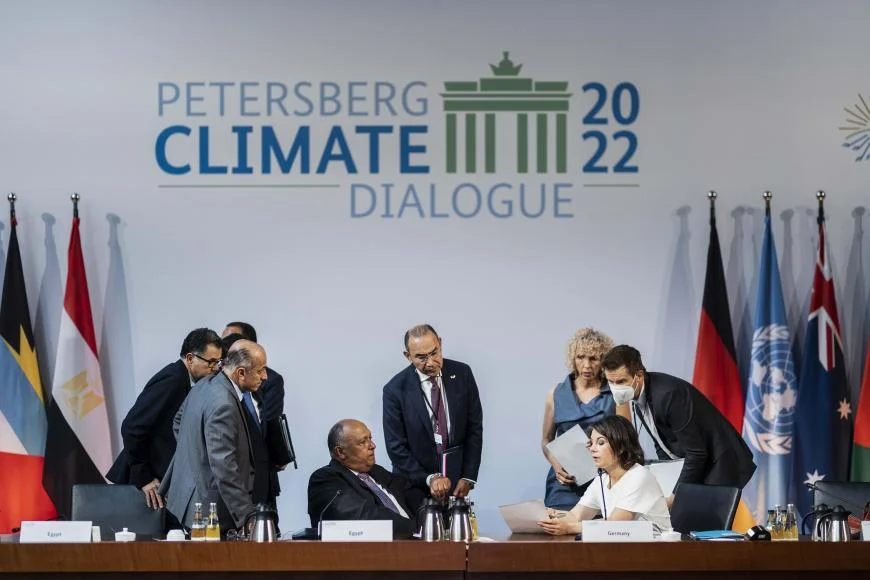The Egyptian government has severely curtailed environmental groups’ ability to carry out independent policy, advocacy, and field work essential to protecting the country’s natural environment, Human Rights Watch said today.
These restrictions violate the rights to freedom of assembly and association and threaten Egypt’s ability to uphold its environmental and climate action commitments, as Egypt hosts the COP27 climate summit in November 2022.
“The Egyptian government has imposed arbitrary funding, research, and registration obstacles that have debilitated local environmental groups, forcing some activists into exile and others to steer clear of important work,” said Richard Pearshouse, environment director at Human Rights Watch. “The government should immediately lift its onerous restrictions on independent nongovernmental organizations, including environmental groups.”
In June, Human Rights Watch interviewed 13 activists, academics, scientists, and journalists working on environmental issues in Egypt. All have been involved in promoting, advocating for, and working on climate action in some capacity. Some currently work for nongovernmental groups. Others who did stopped for safety or security reasons or left the country.
They spoke on the condition of anonymity for security reasons. Six other people declined to be interviewed, variously citing security concerns or that government restrictions had forced them to stop their environmental work.
Those interviewed described a sharp reduction in the space for independent environment and climate work since President Abdel Fattah al-Sisi’s government took office in 2014.
They described harassment and intimidation tactics, including arrests and difficulties travelling, creating a general atmosphere of fear. These experiences mirror similar tactics pursued by Egyptian authorities against independent local and international groups more generally since 2014 as part of a relentless crackdown on civil society.
At the same time, some people described a recent expansion of official tolerance for environmental activities that are easily reconciled with government priorities and not perceived as critical of the government. An emerging cohort of these environmental groups are working mostly within technical domains such as trash collection, recycling, renewable energy, food security, and climate finance. Increasingly, “the government adopts radical discourse when it comes to the Global North and its contribution to climate change and carbon emissions, just because this intersects with their interests, like the need for more funds,” one person said.
But staff members of critical human rights and environmental groups said they are wary of publicly engaging at COP27 because of fears of reprisals. “The security apparatus will probably now more than ever before focus on environmental civil society in Egypt,” an activist outside the country said. “When COP ends, they might start looking and see who is doing what, who got funds from where, for example.”
Human Rights Watch found that the most sensitive environmental issues are those that point out the government’s failure to protect people’s rights against damage caused by corporate interests, including issues relating to water security, industrial pollution, and environmental harm from real estate, tourism development, and agribusiness.
